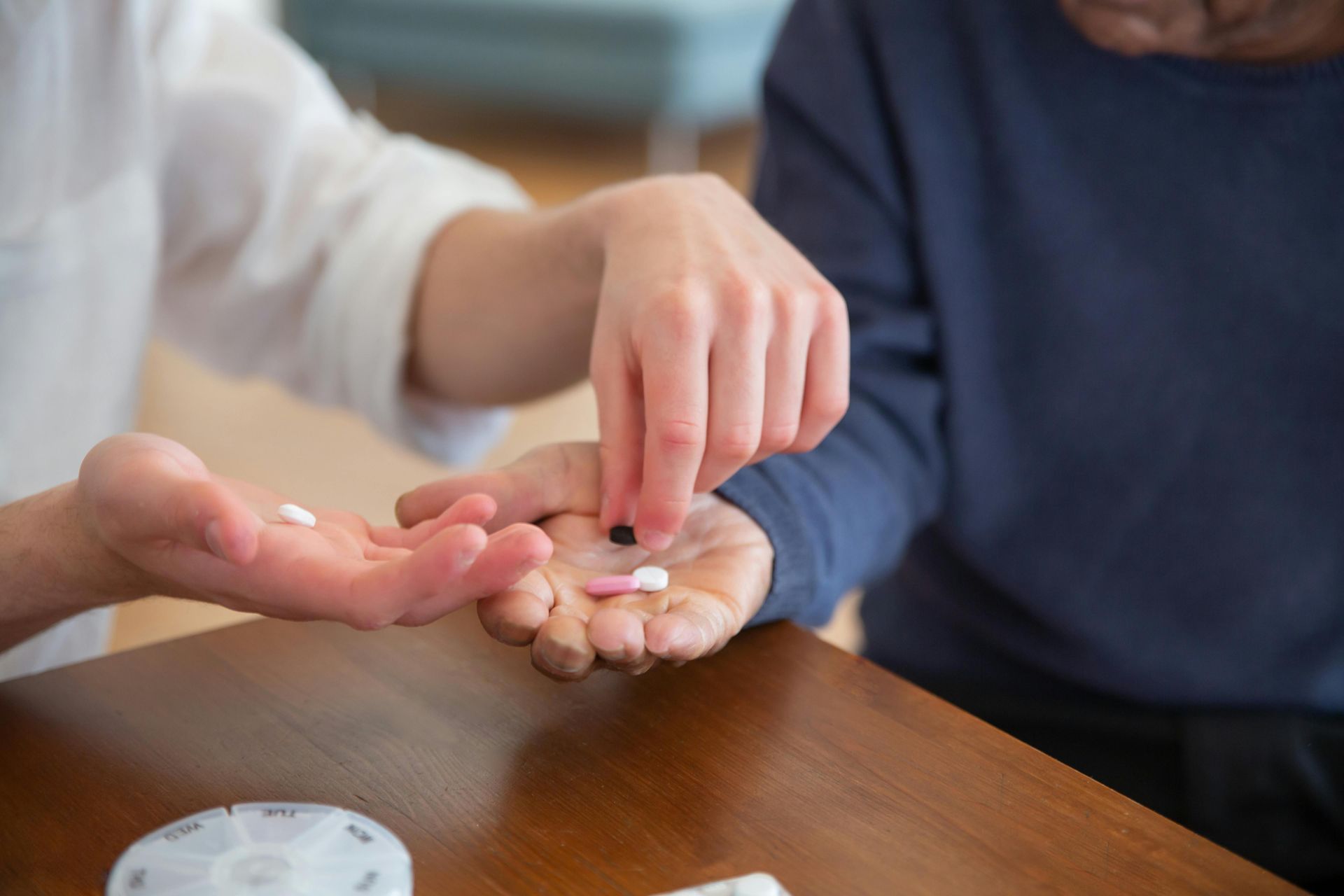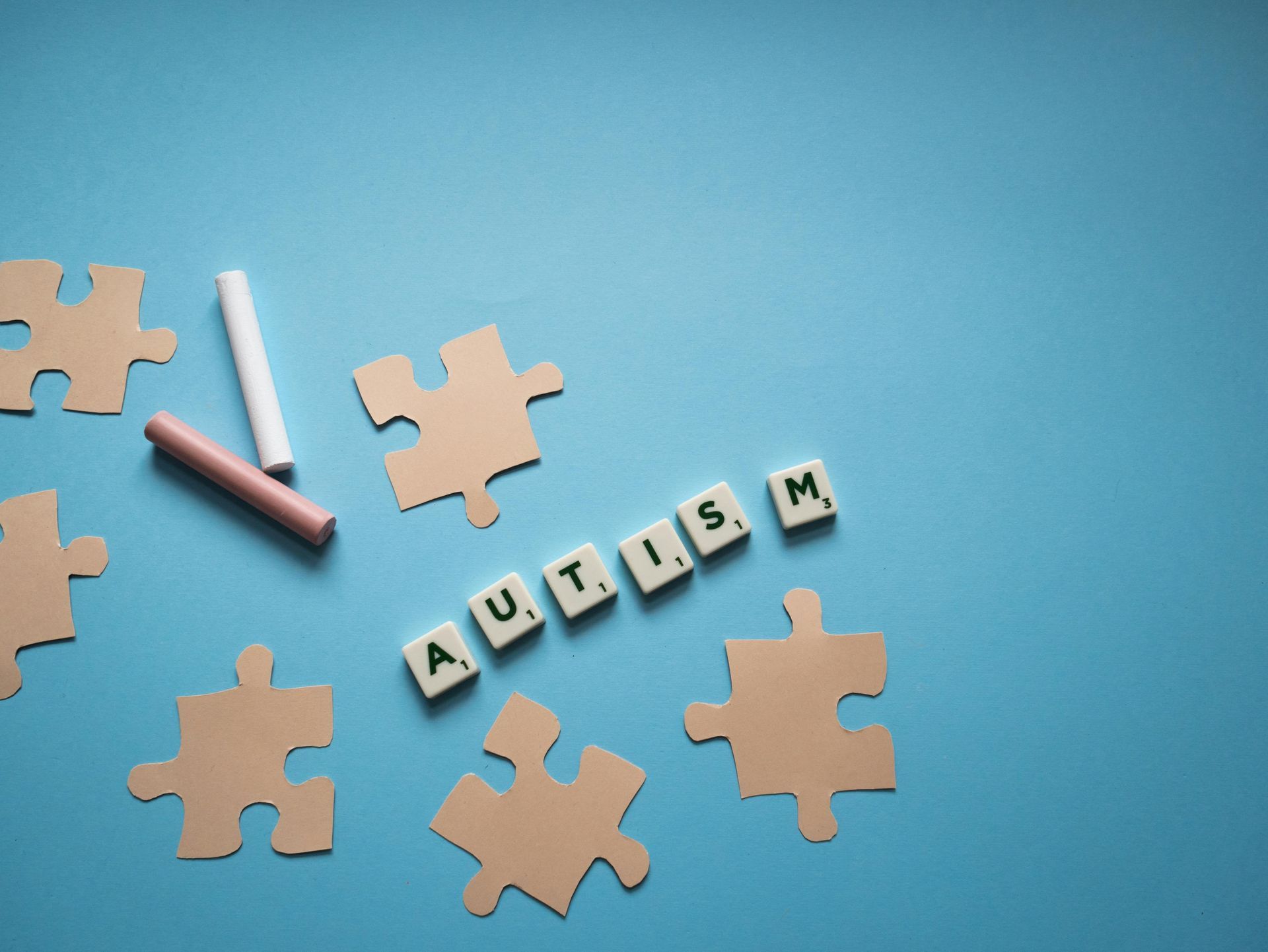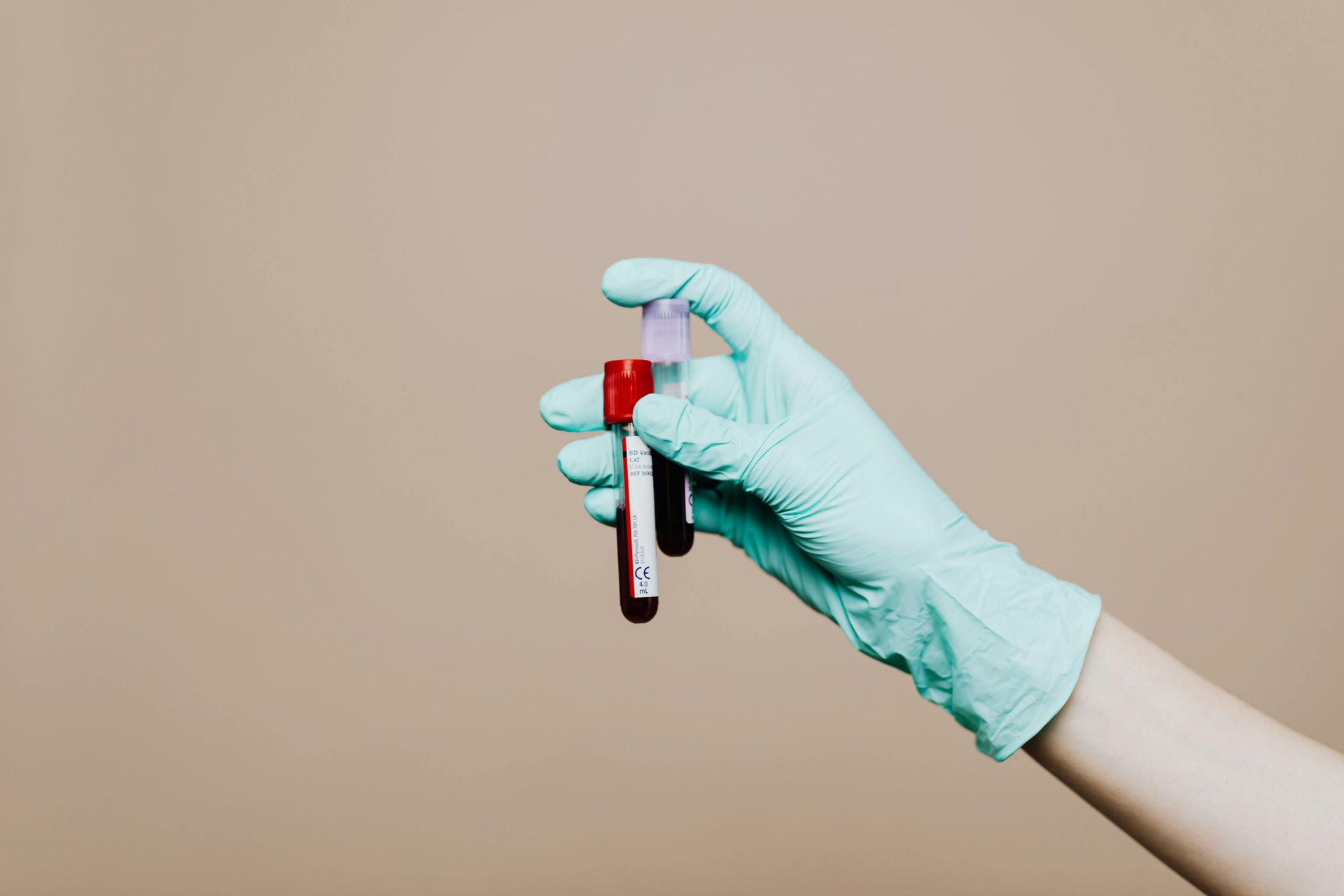Autism Spectrum Disorder (ASD) is a condition that is as diverse as the individuals it affects.
Often, the term "autism" is used as a catch-all label, but this oversimplification doesn't capture the full picture. Autism is a spectrum, meaning there are vast differences in how it manifests from person to person. Understanding this spectrum is essential in fostering empathy, support, and inclusion for individuals with ASD.
What is Autism Spectrum Disorder?
Autism Spectrum Disorder is a developmental condition that impacts how a person perceives the world and interacts with others. Key characteristics often include challenges in social interaction and communication, as well as repetitive behaviors and heightened or reduced sensitivity to sensory input. However, the degree to which these features present themselves varies significantly.
For example, one person with autism might struggle with verbal communication, while another may have an extraordinary vocabulary but find social interaction confusing or overwhelming. Some individuals may avoid eye contact, while others might seem overly eager to engage in conversations, even though they may miss social cues.
This variability in traits can make it difficult to recognize and categorize autism based on appearances alone. It's vital to move beyond labeling people based on a single trait and instead acknowledge the whole person with their unique set of strengths and challenges.
Understanding the Diversity of the Spectrum
The phrase "If you've met one person with autism, you've met one person with autism" highlights a crucial truth. Every individual with ASD experiences the world differently, and each has their own ways of coping and thriving. Some people may require lifelong support, while others may lead independent lives, excelling in careers, relationships, and hobbies.
Here are a few examples of how ASD can manifest in various ways:
- Communication: Some individuals on the spectrum may be nonverbal, relying on assistive technology or alternative methods like sign language to communicate. Others may have advanced verbal skills but struggle with back-and-forth conversations or understanding body language.
- Social Interaction: While many individuals with ASD find social interactions challenging, their specific experiences can vary. Some may prefer solitude and find social situations overwhelming, while others may seek out social engagement but struggle with the nuances of interaction, such as understanding jokes, sarcasm, or facial expressions.
- Sensory Sensitivities: Many people with autism experience heightened or reduced sensitivities to sensory input like sounds, lights, textures, and smells. For example, a loud, crowded environment might be overwhelming for one person, while another might seek out sensory experiences, such as the feeling of certain textures.
- Repetitive Behaviors: Repetitive movements or actions, such as hand-flapping or rocking, are common among individuals with autism. These behaviors, often referred to as "stimming," can help a person self-soothe or manage overwhelming sensory input. Understanding these behaviors as a form of communication or regulation is important in providing the right support.
The Importance of Individualized Support
One of the most critical aspects of working with individuals on the spectrum is recognizing that there is no "one-size-fits-all" approach to care and support. Each person has their own set of strengths and areas where they need help. Therefore, effective interventions must be personalized and responsive to these unique needs.
For instance, some individuals may benefit from speech therapy to enhance communication skills, while others may require occupational therapy to help manage sensory sensitivities. Behavioral therapies can assist with navigating social interactions and managing repetitive behaviors, while cognitive therapies might focus on problem-solving and emotional regulation.
The key is to adopt a strengths-based approach. While challenges like communication difficulties or sensory sensitivities are often emphasized, it's equally important to recognize and foster an individual’s talents and interests. Many individuals on the spectrum have extraordinary abilities, whether it's in mathematics, art, music, or problem-solving.
The Role of Early Intervention
Research shows that early intervention can have a significant impact on the development of children with ASD. The earlier a child receives support, the better the chances of improving communication, social skills, and coping mechanisms. Early intervention programs, which often include a combination of therapies such as speech, occupational, and behavioral therapies, are tailored to the child’s specific needs and can set the foundation for long-term success.
However, support isn't just for children. Adults with autism also benefit from tailored services that address their evolving needs, whether it’s finding meaningful employment, developing relationships, or learning new skills. The goal is to help individuals with ASD live fulfilling lives, regardless of their age.
Moving Beyond Labels: Fostering Inclusion
Understanding the autism spectrum also means challenging societal stereotypes and misconceptions. Many people still view autism through a narrow lens, assuming that individuals on the spectrum are either geniuses or severely disabled. This binary view does a disservice to the vast diversity of experiences within the autism community.
One of the best ways to support individuals with ASD is through inclusion and acceptance. By creating environments that accommodate different ways of communicating, interacting, and processing information, we can help individuals on the spectrum feel valued and empowered. This can be as simple as allowing someone to take sensory breaks when they’re overwhelmed or providing alternative forms of communication for those who are nonverbal.
Empowering Individuals with ASD
At the heart of all efforts should be the goal of empowering individuals with autism to thrive in their own unique ways. Empowerment comes from understanding their needs, providing personalized support, and celebrating their strengths. Whether through therapy, education, or community inclusion, every individual on the spectrum deserves the opportunity to reach their full potential.
The journey to understanding autism is ongoing, but with the right knowledge and resources, we can move beyond labels and embrace the true diversity of the spectrum.
Are you ready to learn more about how you can support individuals with autism? Contact us today to speak with a specialist and explore the services available.










